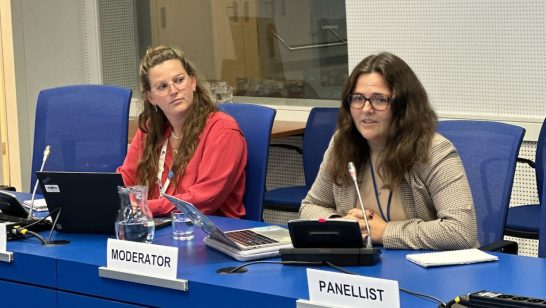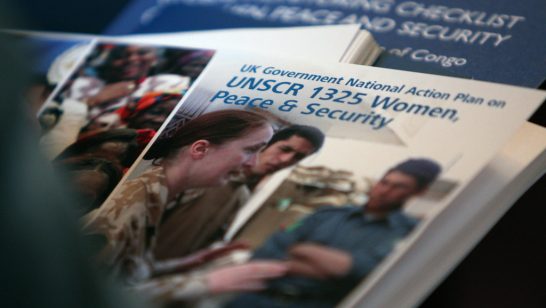“In an era in which agreement on nuclear issues is often illusive, we are pleased to share with our friends at ELN the below consensus statement recently issued by the British, French and American deterrence, arms control, and non-proliferation experts. The statement reflects the fact that it is indeed possible to reach common ground after thorough vetting of particular issues, even those which are highly divisive and in today’s headlines.”
– Rebeca Hersman and Franklin Miller, co-chairs Trilateral Nuclear Dialogues.
The European Trilateral Track 2 Nuclear Dialogues, organised by the Center for Strategic and International Studies (CSIS) in partnership with the Royal United Services Institute (RUSI) and the Fondation pour la Recherche Stratégique (FRS), have convened senior nuclear policy experts from the United Kingdom, France, and the United States (P3) for the past eleven years to discuss nuclear deterrence, arms control, and nonproliferation policy issues and to identify areas of consensus among the three countries. The majority of the experts are former US, UK, and French senior officials; the others are well-known academics in the field. Since the Dialogues’ inception, high-level officials from all three governments have also routinely participated in the discussions.
In 2019, the group’s discussion addressed a range of growing challenges in the Euro-Atlantic security environment and beyond, prompting agreement among the group’s nongovernmental participants to issue the following statement reflecting the consensus views of the undersigned. All signatories agree to this statement in their personal capacity, which may not represent the views of their respective organisations. ELN senior network member Tom McKane and ELN Senior Associate Fellow Heather Williams are among those who have endorsed the Statement.
The opinions articulated above represent the views of the author and do not necessarily reflect the position of the European Leadership Network (ELN) or any of the ELN’s members. The ELN aims to encourage debates that will help develop Europe’s capacity to address pressing foreign, defence, and security challenges.



